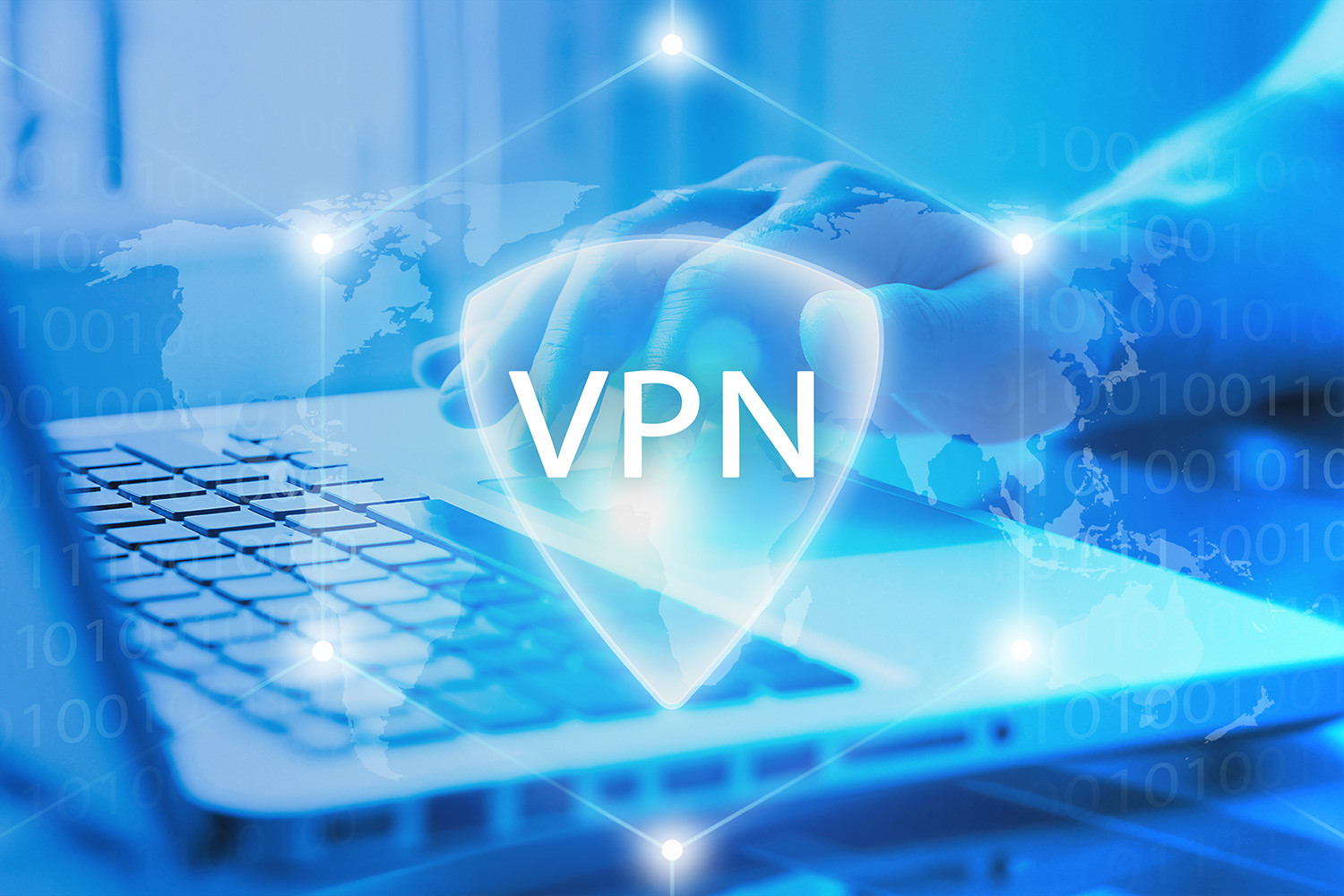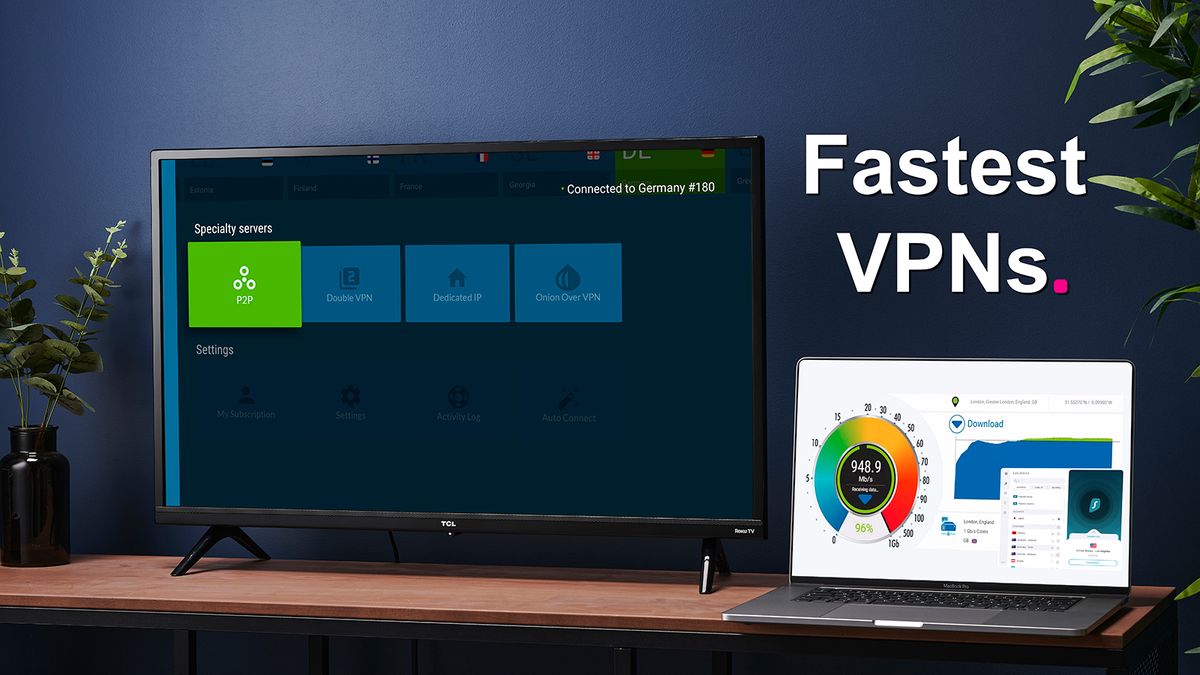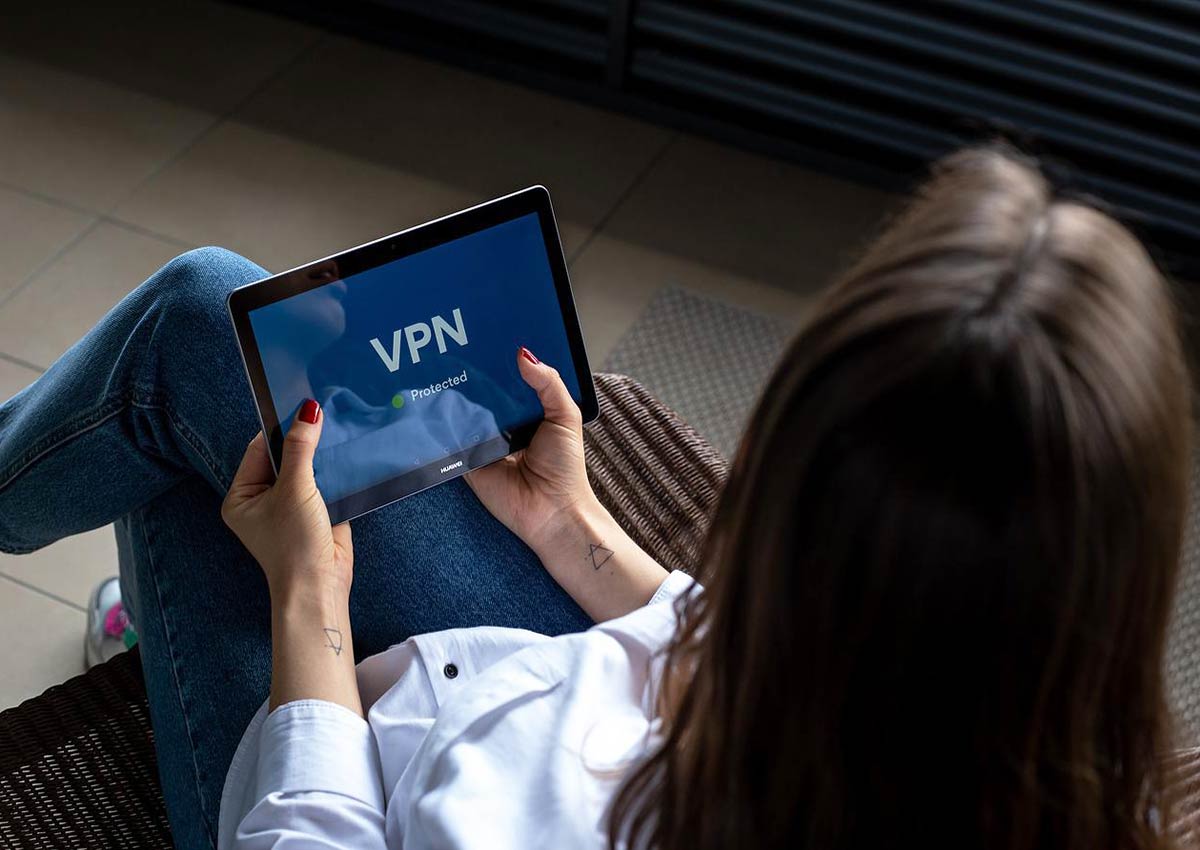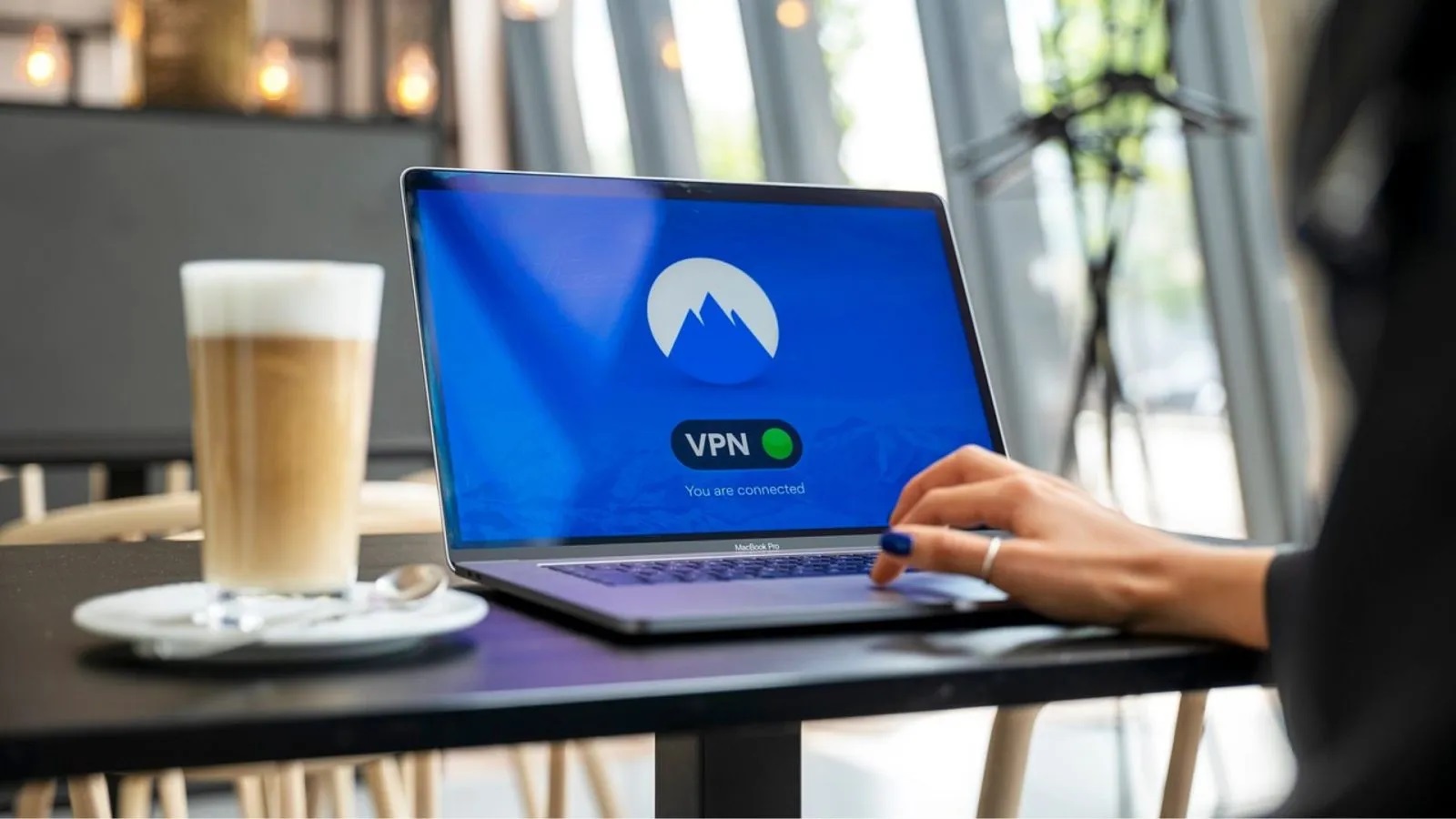Home>Software and Apps>The Importance of VPNs in the Tech World


Software and Apps
The Importance of VPNs in the Tech World
Modified: September 5, 2024
Discover the significance of VPNs in the tech world and how they enhance security and privacy for software and apps. Explore the benefits of using VPNs for a safer online experience.
(Many of the links in this article redirect to a specific reviewed product. Your purchase of these products through affiliate links helps to generate commission for Techsplurge.com, at no extra cost. Learn more)
Table of Contents
The Importance of VPNs in the Tech World
In today's digital age, the internet has become an indispensable part of our daily lives. Whether working remotely, accessing personal data, or simply browsing the web, online activities are constantly at risk of being intercepted or monitored. This is where Virtual Private Networks (VPNs) come into play, providing a crucial layer of security and privacy for users. This article explores the importance of VPNs in the tech world, their benefits, how they work, and the various types available.
Read more: Tech Blog: Exploring the World of Subtitles
What is a VPN?
A VPN, or Virtual Private Network, is a service that creates a secure, encrypted connection between your device and a remote server owned by a VPN provider. This connection essentially extends a private network across a public network, allowing users to securely send and receive data across the internet.
How Does a VPN Work?
To understand how a VPN works, let's break down the process step-by-step:
- Connection Establishment: First, connect to the VPN using the app or browser extension. This establishes a private connection between your device and the VPN server.
- Encryption: The VPN generates a private connection where your internet activity is encrypted and made unreadable. This encryption ensures that any data or information tied back to you is scrambled and untraceable before it reaches your internet service provider.
- Routing: Once encrypted, the internet data is routed to a VPN server that masks your IP address, adding an additional layer of anonymity to your connection. Websites and services you visit will see the IP address of the VPN server instead of your actual IP address.
- Decryption: Finally, the VPN decrypts the data and sends it over to the site you’re visiting, creating the illusion that your machine connected from the VPN server’s location instead of your actual whereabouts.
Benefits of Using a VPN
VPNs offer numerous benefits that make them essential for anyone concerned about online security and privacy.
Secure Your Data
Sensitive data like work emails, payment information, and location tagging is constantly being transmitted online. This information is trackable and easy to exploit, especially on a public network where anyone with access to the network has potential access to your personal data. A VPN connection scrambles your data into code and renders it unreadable to anyone without an encryption key. It hides your browsing activity so that no one else can see it.
Read more: The Importance of Netflix Subtitles
Work from Home
Today, remote work is more widespread than ever before. With a VPN, remote workers can access company resources over a private connection from anywhere, so long as they are able to get online. This provides employees with a greater sense of flexibility while also ensuring that company data remains protected and secure, even on a public Wi-Fi network.
Access or Stream Regional Content from Anywhere
Some sites and services restrict their media content based on geographic location, which means you may not have access to certain kinds of content. A VPN disguises or spoofs the location of your local server so that it appears as if it's based elsewhere, such as in another country. This allows users to bypass geo-restrictions and access content that would otherwise be unavailable.
Bypass Censorship and Surveillance
Some regions may not have access to certain sites or services due to government restrictions, censorship, or surveillance. Location spoofing gives these users the ability to circumvent firewalls, view blocked websites, and move freely online. This is particularly important for journalists and activists who need to access information without being monitored.
Prevent ISP and Third-Party Tracking
Internet service providers (ISPs) log and track your browsing history through your device’s unique IP address. This information could potentially be sold to third-party advertisers, given to the government, or left vulnerable in the face of a security compromise. By routing to a remote VPN server instead of your ISP’s servers, a VPN masks your IP address, prevents ISP tracking, and keeps your personal data private.
Read more: Exploring the World of P2P VPNs
Types of VPNs
There are several types of VPNs, each designed to meet specific needs and requirements.
Remote-Access VPNs
Remote-access VPNs allow users to connect to a remote network securely. Companies typically use this type of VPN to allow remote employees to safely access resources through a secure corporate network. Enterprise VPNs such as Perimeter 81 and NordLayer fall under this category.
Site-to-Site VPNs
Site-to-site VPNs are used by large organizations to connect multiple networks, enabling secure communication and resource sharing across different business headquarters. These networks, known as intranets, are common in big corporations with multiple locations, vast resources, and data. Site-to-site VPNs provide a more robust, custom solution for enterprise-level companies with departments across multiple locations.
Personal VPNs
Personal VPNs are designed for individual users, offering access to a VPN provider’s servers to protect personal information and unblock georestricted content. Examples of personal VPNs include NordVPN, Surfshark, and ExpressVPN. These VPNs are ideal for users who need to secure their internet traffic while browsing the web, streaming content, or working remotely.
Read more: The Importance of Chromecast Security
Mobile VPNs
While long-standing VPN providers typically cater toward desktop users, smartphones have spurred a huge uptick in growth among VPNs for mobile—and for good reason. For smartphone users looking for greater security and protection while on the go, a mobile VPN is a necessity. Mobile VPNs not only provide the benefits of a traditional VPN but also continue to safeguard data when Internet connectivity is spotty or unstable, or when toggling between mobile data and Wi-Fi. So long as the app is running, the VPN connection remains secure, and your device remains protected. Because of the flexibility, a mobile VPN is ideal for users who travel or don’t have access to a reliable internet connection.
VPN Protocols
VPN protocols ensure an appropriate level of security to connected systems when the underlying network infrastructure alone can't provide it. Several different protocols can secure and encrypt data. Common VPN protocols include OpenVPN, L2TP/IPSec, PPTP, and WireGuard. Each protocol has its own strengths and weaknesses, and the choice of protocol often depends on the specific needs of the user.
Benefits vs. Drawbacks
While VPNs offer numerous benefits, there are also some drawbacks to consider.
Benefits
- Secures Data and Internet Traffic: A VPN’s ability to protect user data through encryption is one of its most important benefits. As many workforces heavily rely on the internet, having a secure way to access corporate resources has become a necessity.
- Prevents Tracking and Allows for Anonymity: VPNs hide your browsing activity and IP address, making it difficult for advertisers to target ads to individuals and preventing ISPs from logging your browsing history.
- Access to Georestricted Content: By masking your location, VPNs allow users to bypass geo-restrictions and access content that would otherwise be unavailable.
Read more: The Effectiveness of VPNs
Drawbacks
- Slower Internet Speed: Using a VPN can sometimes slow down your internet speed, especially if the VPN servers are busy.
- Quality VPNs Aren’t Free: Reliable, unlimited VPN services often require a subscription fee, which can be a drawback for those who prefer free services.
- Not All VPNs Are Secure: Not all VPNs are created equal. Some may log your data or have weaker encryption standards, which can compromise your security.
History of VPNs
VPN technology was first used in 1996 when a Microsoft employee developed PPTP (Point-to-Point Tunneling Protocol). The protocol created a more secure private connection between a user device and the internet. In 1999, Microsoft published the specification, marking the beginning of widespread use of VPNs in the business world.
In the early 2000s, VPNs were mostly associated with and used by businesses to access private business networks. Organizations were able to access company data from anywhere while looking as if they were in the office. Secure file sharing between different offices became possible. However, the technology wasn’t often used by average online users until encryption standards became more powerful and new tunneling protocols were developed.
Final Thoughts
VPNs are a crucial tool in the tech world, providing users with a secure and private way to access the internet. Whether working remotely, accessing georestricted content, or simply wanting to protect personal data, a VPN is an essential component of your online security arsenal. By understanding how VPNs work, the types of VPNs available, and the benefits and drawbacks of using them, you can make informed decisions about your online security and privacy.
As technology continues to evolve, the importance of VPNs will only continue to grow. With the rise of remote work, increased online surveillance, and the need for secure data transmission, VPNs have become an indispensable tool for anyone who wants to protect their digital footprint. Consider investing in a reliable VPN service to ensure your online activities remain secure and private.












